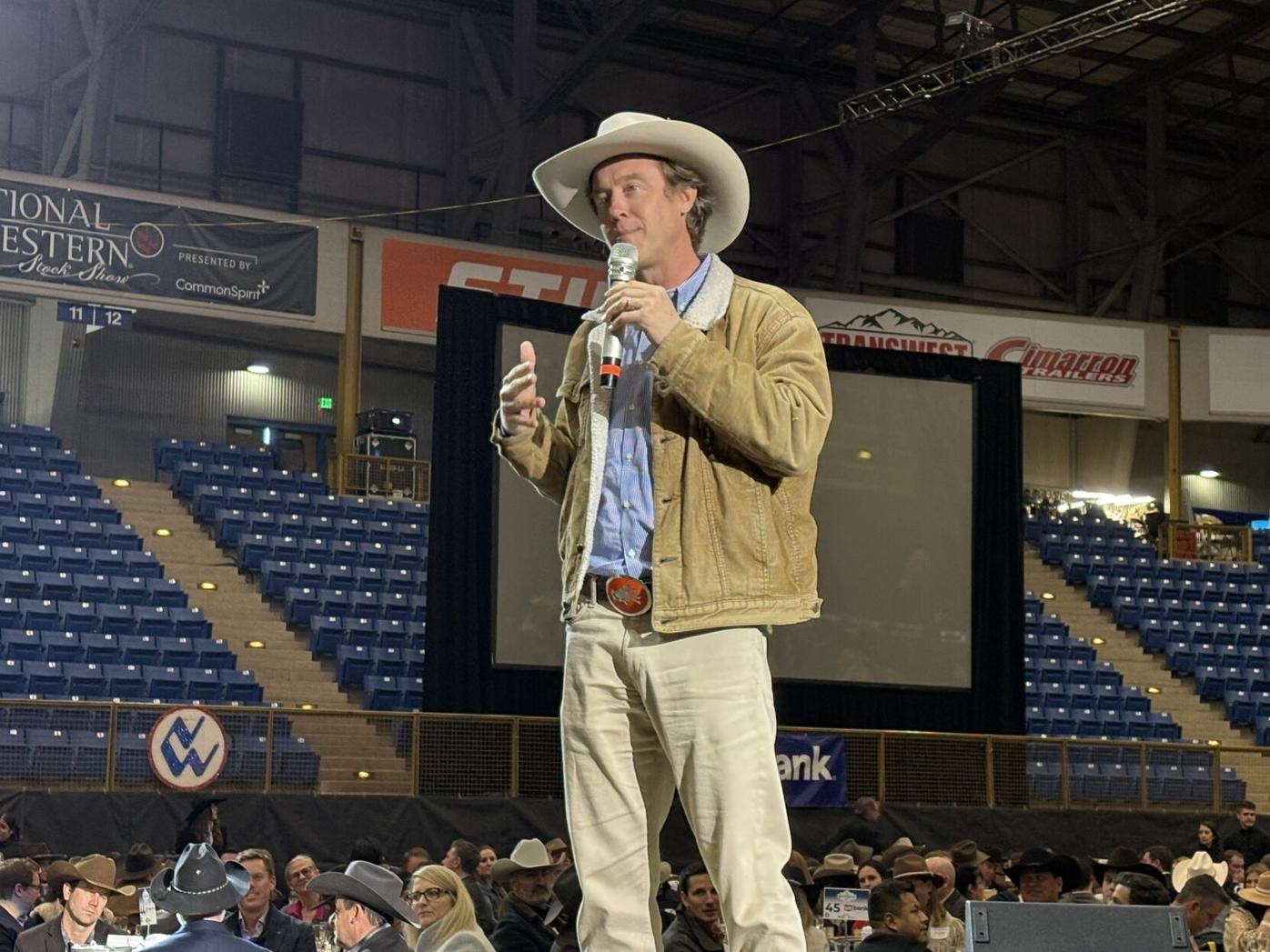Denver mayor vetoes bill expanding Denver’s needle exchange program
Denver Mayor Mike Johnston late on Tuesday vetoed a proposal to remove the cap and distance requirements on the city’s needle exchange program.
The City Council may still override his veto if supporters can secure a supermajority of nine votes.
That appears unlikely, as a divided council approved the measure Monday with an 8 to 5 vote.
Johnston was blunt, calling the bill “the wrong solution at the wrong time” in a letter to the council.
“I support harm reduction strategies and also believe we need to place more emphasis on connecting individuals from needle exchange programs to substance misuse services to help them break the cycle of addiction,” he said in the letter.
The mayor raised several arguments against the bill.
First, Johnston said he believes there is no reason for allowing an unlimited number of needle exchange programs across the city. There is no evidence that existing programs — of which there are three — need unlimited sites and residents have no appetite for unlimited sites, he said.
Second, the mayor said there is no reason to eliminate “common sense setbacks” for needle exchange programs. In fact, about two-thirds of available land for medical zoning can also house a needle exchange facility, according to Johnston.
“There is no shortage of sites available to providers without eliminating the reasonable setback from schools that is currently in law,” he said.
The council on Monday approved the change, with Councilmembers Flor Alvidrez, Kevin Flynn, Amanda Sawyer, Diana Romero Campbell and Darrell Watson all casting “no” votes.
“Our communities have been clear, at least the communities that I serve in District 9, that removing the distance restriction is something that they do not support,” Watson said on Monday, “I cannot support this bill tonight without that (distance) restriction.”
Unlike supervised injection sites, needle exchange programs — or “syringe access” programs as they are sometimes called — do not permit the use of drugs on site but provide users with a mechanism to dispose of used syringes and access sterile syringes. They are also offered resources, such as counseling.
Nearly 600 people have died of an overdose in Denver, according to preliminary data from 2023. Close to 400 of those were from fentanyl.
Proponents of expanding Denver’s needle exchange program claimed it’s a valuable tool to connect people with vital treatment for substance abuse issues.
“I remain steadfast in my commitment to provide treatment resources at all stages of an individual’s journey to recovery,” Johnston said in the letter. “Despite the specific disagreement on this piece of legislation, we continue to share the common goal of preventing drug overdose deaths.”
Denver Gazette City Hall Reporter Deborah Smith contributed to this report.





